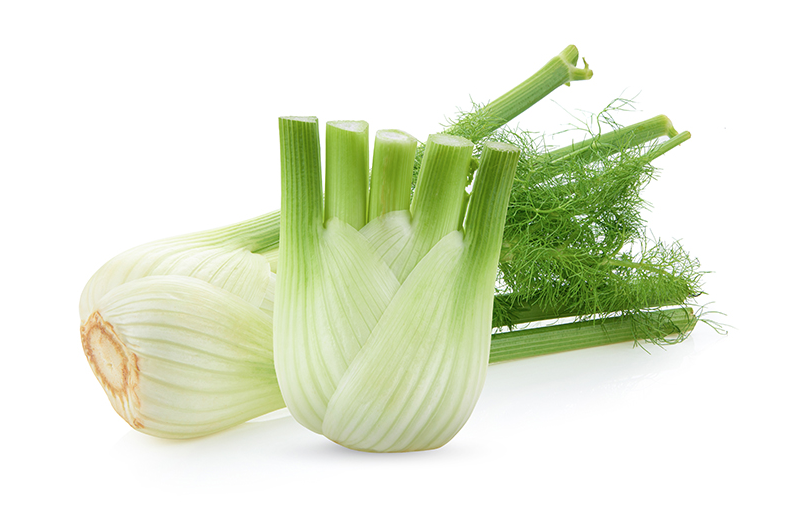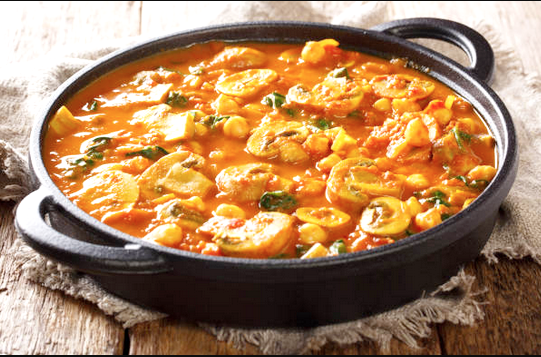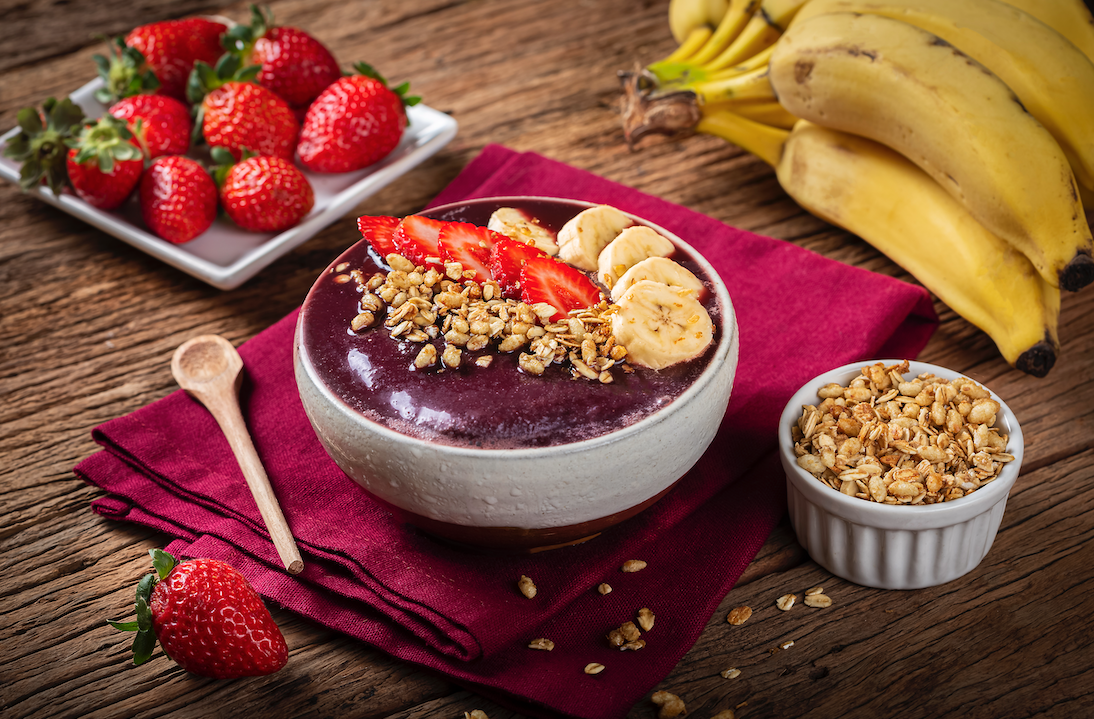
Fennel
Fennel is available in almost any grocery store, in the produce area. It’s in season during the cold months. Aside from its many culinary uses, fennel and its seeds offer a wide array of health benefits.
Usage
Gut health
Good for digestion by reducing inflammation in the bowels and decreasing bacteria that cause gassiness.
May suppress appetite
Studies shows that taking fennel before lunch helps with feeling less hungry and leads to consuming fewer calories.
Highly nutritious
Both fennel and its seeds are packed with nutrients, and low in calories.

Traditional Therapy
Fennel seeds have a long history of being a galactagogue. Fennel seeds boiled with barley are helpful for lactating women. A poultice prepared from fennel seeds is helpful to treat inflamed breasts. Tea prepared from fennel seeds contains vitamins (B and C) and vital minerals (potassium, magnesium, and calcium), and is used as a herbal remedy to treat colic, release spasms in the digestive tract, and for the treatment of gas and bloating. Fennel-seed tea has also been prescribed to expel hookworms and to get rid of intestinal bacterial infections.
Fennel water is mixed with NaOH and syrup and used as “gripe water” to relieve flatulence in infants. An infusion or decoction of dried fennel seeds is considered helpful for the digestion of fatty food. Other beneficial effects of fennel seeds include weight loss by enhancing the metabolism, soothing sore throats, and loosening/expelling phlegm from the respiratory tract. Fennel seed powder is also added in carminative mixtures in Pakistan and used as spices in Assam, Bengal, and Orissa, India. They can also be used with purgatives to alleviate their side effects. A decoction of a fine powder of crushed seeds is used to wash the eyes to reduce irritation and eye strain.
How to add fennel to your diet?
Make a tea
Tea prepared from fennel seeds contains vitamins (B and C) and vital minerals (potassium, magnesium, and calcium), and is used as a herbal remedy to treat colic, release spasms in the digestive tract, for the treatment of gas and bloating, or bacterial infections.
Fennel water
A glass of fennel seed water during the day can help in cravings for sugary items, digestion of fatty food and to enhancing the metabolism.
Make a meal
Fennel is slightly sweet, and provides a great flavor to so dishes. It can be consumed raw, or cooked in stews, soups, and pasta dishes.
Fennel seeds have a long history of being a galactagogue, promoting the flow of a mother's milk.
Fennel seeds boiled with barley are helpful for lactating women.
Fennel seed powder is added in carminative mixtures in Pakistan and used as spices in Assam, Bengal, and Orissa, India.
A decoction of a fine powder of crushed seeds is used to wash the eyes to reduce irritation and eye strain.
About
Fennel is obtained from the dried ripe fruits of Foeniculum vulgare. It is indigenous to Mediterranean countries and largely cultivated in Romania, Russia, Germany, France, India, and Japan. Foeniculum vulgare is a biennial or perennial herb with greenish-yellow feathery leaves and incurved yellow flowers that resemble dill.
Composition
Fennel seed is a rich source of volatile oil, with fenchone and trans-anethole as its major compounds. Other components of the essential oil are limonene, camphene, and alpha-pinene. Fennel is an essential component of several industrial applications that range from food to cosmetics to pharmaceutical products. It is used for flavoring, as a spice, and the oil of fennel is a key ingredient in liquors, toothpaste, and as a flavoring agent in different food products. It is used as a folk medicine in different countries.
Science
The unique health benefits of fennel are due to its antioxidant content. Aging-related diseases like heart diseases and cancer can be prevented by fennel seed oils, and it is remarkably used for health promotions. Gastrointestinal disease, diabetes, and hypertension can be conventionally treated by fennel. Fennel essential oil or its natural components, such as anethole, depict different activities like antifungal, insecticidal, and antibacterial activity. Fennel possesses antioxidant property, prophylactic activity, antiinflammatory effect, antiallergic, and hepatoprotective activity, and antispasmodic activity.
In vitro study, aqueous and ethanol extracts of fennel showed strong antioxidative activity. In the linoleic acid system, 99.1 and 77.5% inhibition activity was shown by ethanol and water extracts of fennel that are greater than natural antioxidants (α-tocopherol). Both water and ethanol extracts of fennel have free radical scavenging, metal-chelating activities effectively reducing power, hydrogen peroxide scavenging, and superoxide anion radical scavenging, that are directly proportional to sample concentrations. Fennel seed is indicated as a natural antioxidant source.
Safety
Some experts claim that breastfeeding mothers should drink tea because it encourages lactation, makes milk better, and relieves pain in the nipples during breastfeeding. They also think that it is safe to give tea to babies who are over 3 months old in order to alleviate unpleasant cramps. However, it is best to consult a doctor.
Pregnant women should not consume it because it stimulates the activity of the uterus, so it can cause contractions. People who are allergic to carrots, celery, and black diapers can react badly to fennel. Because it acts similarly to estrogen, it can worsen conditions such as breast cancer, uterine cancer, ovarian cancer, endometriosis, and uterine fibroids.
Fun Facts
The Fennel seeds are ingested in Hindu and Chinese cultures to speed up the removal of snake and scorpion poisons.
Sources
Malhotra, S. K. (2012). Fennel and fennel seed. In Handbook of herbs and spices (pp. 275-302). Woodhead Publishing.
Rather, M. A., Dar, B. A., Sofi, S. N., Bhat, B. A., & Qurishi, M. A. (2016). Foeniculum vulgare: A comprehensive review of its traditional use, phytochemistry, pharmacology, and safety. Arabian Journal of Chemistry, 9, S1574-S1583.



